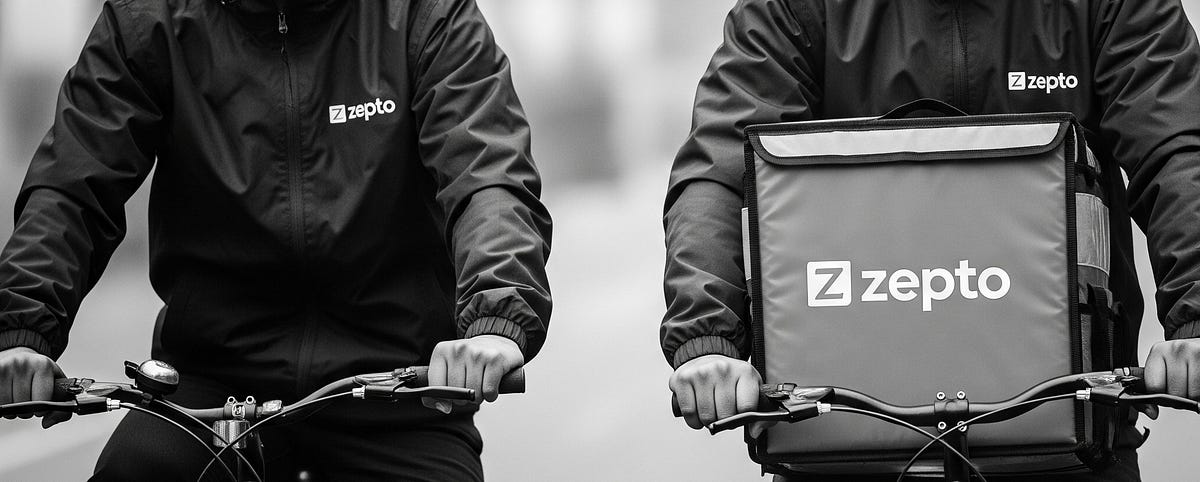Medium
3w
127

Image Credit: Medium
Indian Online Grocery Market: Scheduled Delivery for Expansion in Emerging Cities
- The Indian online grocery market was valued at INR 743.29 billion in 2023, with a projected CAGR of 31.33% from 2024 to 2029.
- Factors driving this growth include increased internet penetration, urbanization, and post-COVID behavioral shifts.
- The market is set to reach INR 4,648.67 billion by 2030, growing at a CAGR of up to 35.18%.
- Q-commerce is expected to grow annually at over 40% through 2030, with significant potential for businesses entering the market.
- Zepto, a Mumbai-based startup offering 10-minute deliveries, has gained 25–30% market share in two years, especially in Tier-1 cities.
- Zepto's operational success relies on technological advancements such as drone testing and EV fleet expansion.
- Challenges faced by quick commerce companies include profitability issues due to high operational costs and low average order values.
- Expansion into Tier-2 cities raises concerns due to operational costs and AOV challenges.
- A study showed that scheduled delivery optimization could reduce transportation costs by about 43%.
- Companies are focusing on fostering integrated ecosystems to benefit all stakeholders, including customers.
- BigBasket excels in scheduled deliveries with a 99.5% on-time rate and uses advanced technology for efficiency.
- BigBasket faces competition in quick commerce and is adapting by launching 'BB Now' for 10-minute deliveries.
- Expanding scheduled deliveries into Tier-2 and beyond cities poses challenges that companies like BigBasket are addressing.
- BigBasket is implementing a hybrid retail model, increasing local sourcing, and expanding quick commerce to sustain growth.
- Technology and backing from Tata Group support BigBasket in navigating complexities in the market.
Read Full Article
7 Likes
For uninterrupted reading, download the app